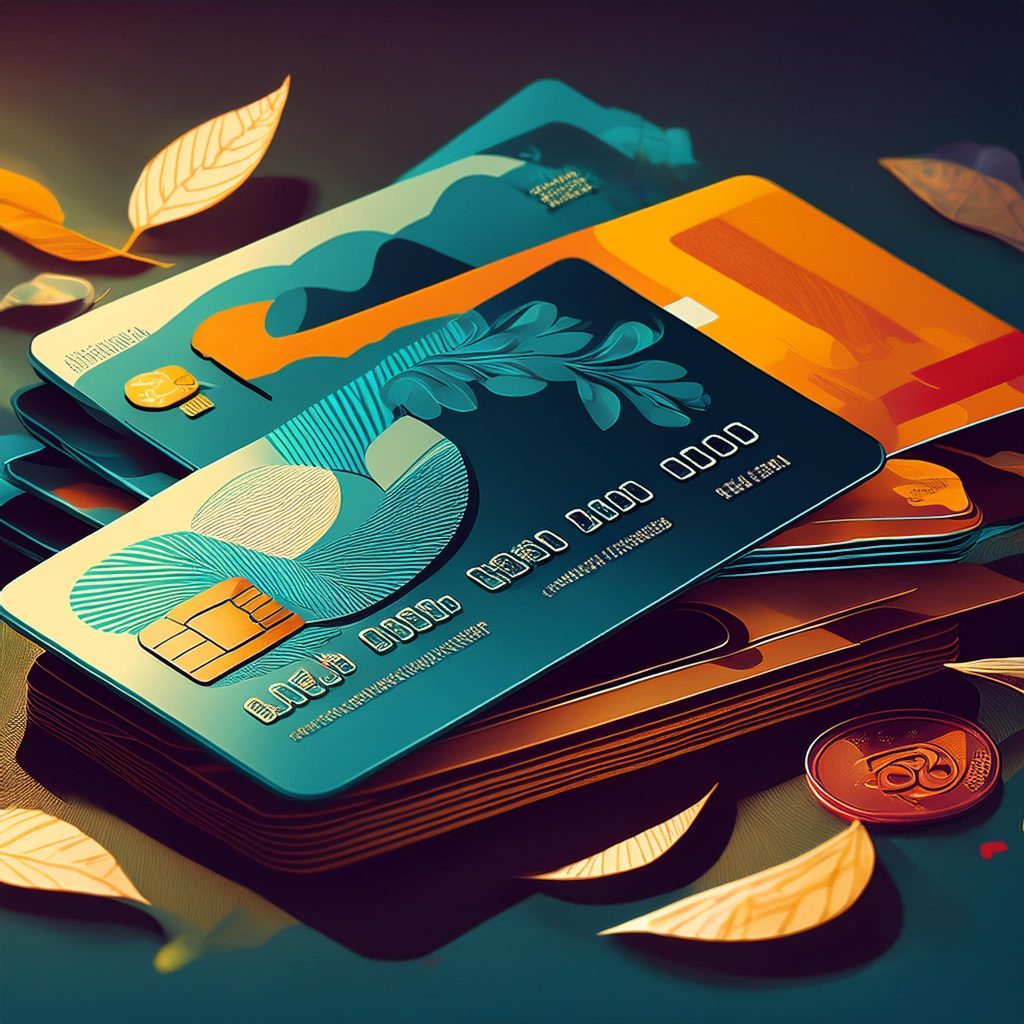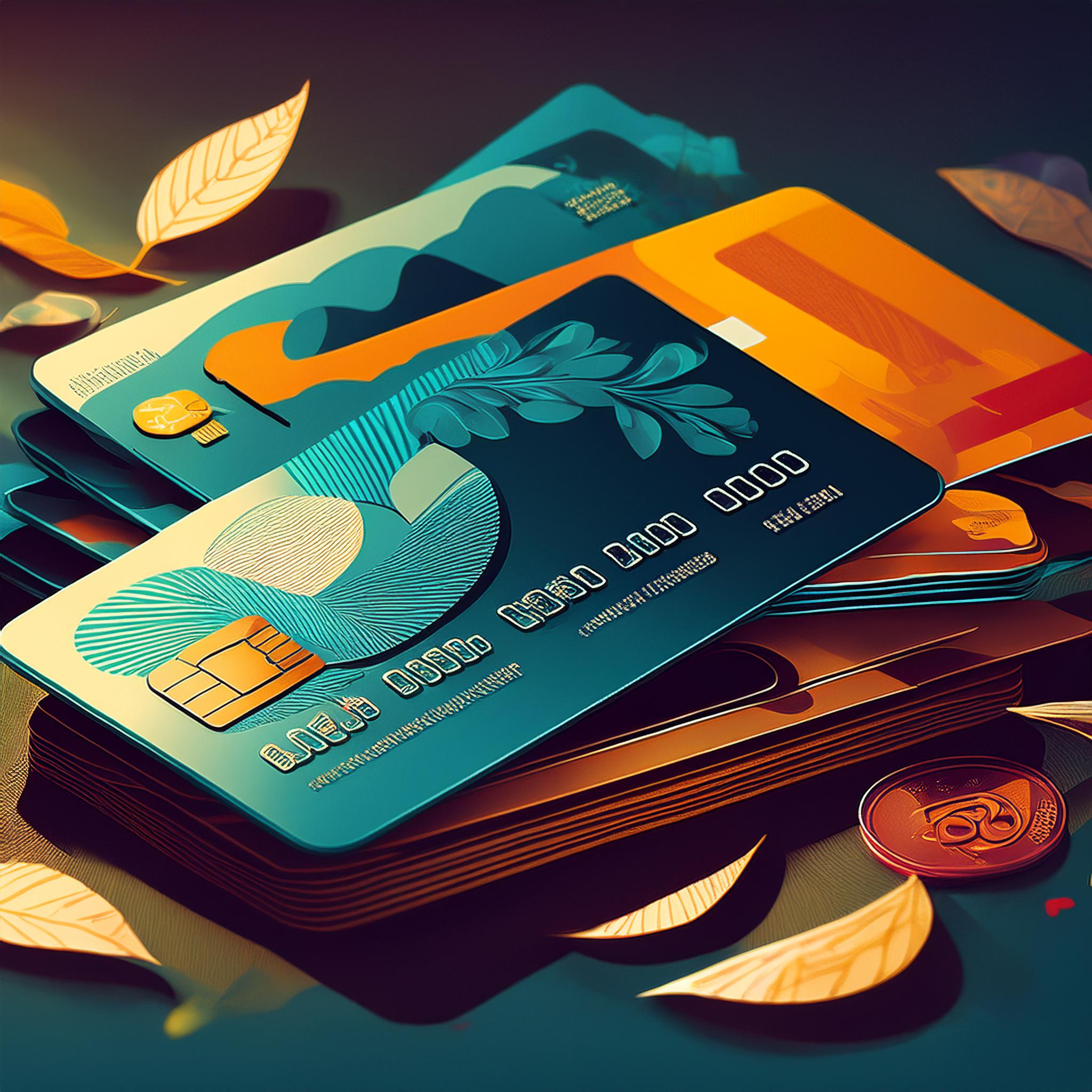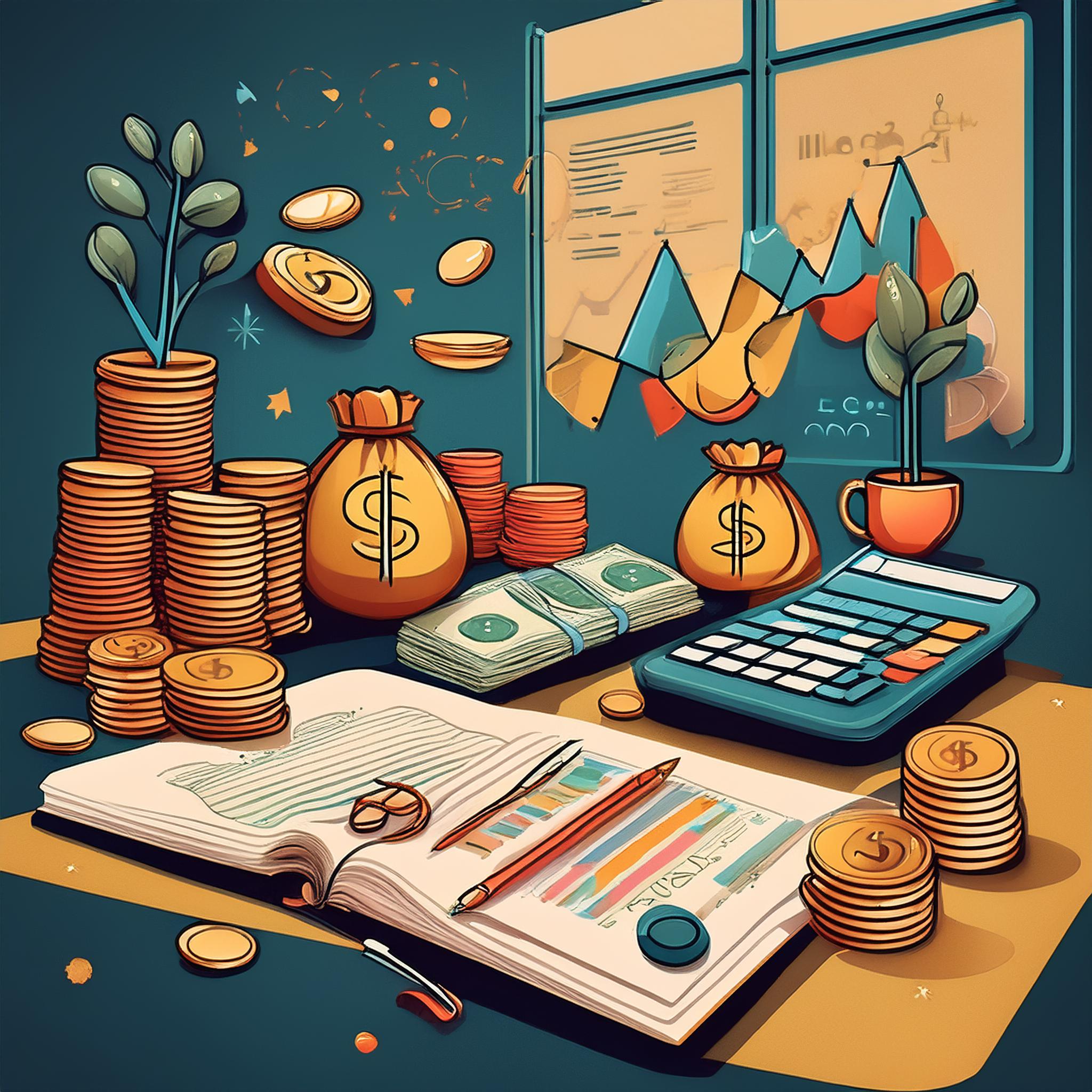
Credit Card Debt: A Double-Edged Sword
For many, and especially for the young people just entering the world of finance, credit card debt is a cautionary tale. Two students’ stories show the starkly different outcomes that can come from using a credit card. Both young women used their cards, but what happened next teaches some valuable lessons about the kind of young person who tends to get into credit card trouble and the kind who doesn’t.
The Cautionary Tale of the College Student
The tale commences with a college student receiving an offer for a credit card in the mail. Even though this individual is a full-time student with no consistent income, he gets approved for the plastic money purely because lenders see him as a future earner with a file that’s clean enough to pass muster. At first, our protagonist decides to some up with this by way of an emergency fund, in case a natural disaster should hit his part of the world while the campus is shut down. But during a late-night study session that goes into early morning, he gives in to the impulses of peer pressure and orders pizza using the card.
This student accumulates more than $1,000 in credit card debt during one semester. In a typical semester, a student does not have a negative cash flow, and at the end of the semester, he usually has enough money to pay off his campus bills. But what if you are a student who has a negative cash flow and then a cash deficit? You have to pay the next installment of the cash that your campus demands by a certain date. You have to pay in cash, and you do not have enough to cover what you owe after the credit card charges are totaled. You have to eat, and yet your cash–credit situation is so bad that you’re not getting anything with your credit card that you don’t have to pay cash for. And this is happening on a reverse timeline. You get your credit card bills every month after you’ve incurred the charges.
A Different Approach: The Aspiring Investor
On the other hand, an alternative young woman uses her credit cards with great care and intent, to a far different end. Working a low-wage job, she aspires to something better. She dreams of a life in which she is not beholden to a tiny paycheck. While she is earning, this woman ducks and dives in the world of real estate. She looks for deals. She snaps up opportunities. And when she does, she buys and uses credit as if she is an investment banker and not a mere property owner.
This story illustrates how credit can be used for investment purposes. It demonstrates that, when used judiciously, credit cards can provide a means to pay for something that will bring in more money than it costs. The tale begins with a woman living in a house that she has renovated. She sells the house for a profit, and with that profit, she pays off her credit card debts and still has a substantial sum left in her bank account.
The Importance of Credit Management
These two stories undoubtedly present a stark contrast that brings into focus the importance of understanding credit and managing it effectively. At one end of the spectrum, we have people whose lives have been upended because they didn’t get a handle on the way credit works. And at the other end, we have folks for whom the whole concept of credit seems like a way to increase their wealth. Whatever your take on it, what you cannot do is ignore your credit. You need to know what’s going on with it. And you need to do that for as long as you live (Erin 2006).
The Path to Financial Freedom
Here is a rephrased version of your text:
Achieving financial freedom requires living well below one’s means, steering clear of debt—with exorbitant interest rates, in particular—and not acting on impulse when it comes to purchasing decisions. Oh, and it definitely helps if you have a job or, better yet, several jobs that don’t impose a ceiling on how much you can earn. When you consider the kind of value that just one person can add to the economy, the mind boggles. And yet, so many of us plod along, working for money instead of working to create even more money.
The stories of the college student and the wannabe investor are worthwhile credit management lessons. Each demonstrates what can happen when someone takes on too much visa debt. But they also illustrate something very positive and something very important that I want you to take away from this discussion: Credit cards can be powerful tools.



